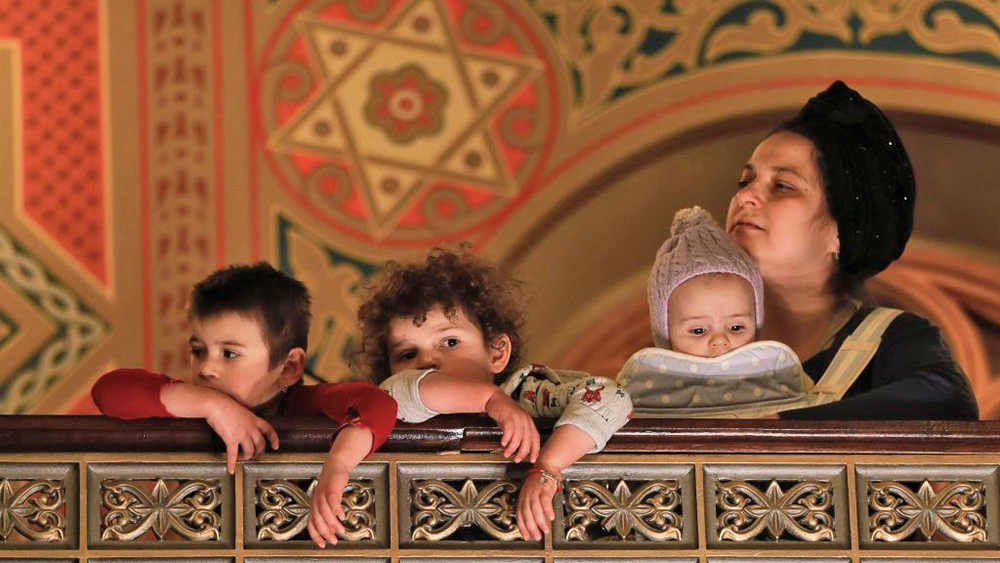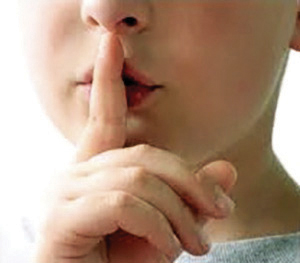
There are three major influences on a child’s religious growth and development—home, school and shul. What a child sees, learns and observes in these three pivotal settings provides the blueprint for his/her future lifestyle choices and religious behavior.
Davening instruction takes place in school. But why do our young men race through the davening when they serve as a shaliach tzibur? Why do schools not teach what the words mean and the structure of the siddur? Why is the siddur the one book with which most Jews are familiar but know the least?
The lack of synagogue decorum in some shuls is another area requiring a heshbon hanefesh. Most shuls are OK during Krias HaTorah and even during the repetition of the Amidah. It’s not a yeshiva davening but rabbis do try and have mostly succeeded. What is disturbing is the utilization of some shuls as a playground for children. “Groups” are play groups or babysitting services, but too often children are allowed to wander unsupervised, which is not only dangerous and can lead to a liability issue, but is also disruptive and noisy. This is especially true when children are brought at Shabbat Mincha when there are no supervised groups. Perhaps if there were a junior congregation with adult supervision where children learned how to daven, that would mitigate some of the other issues.
I fully understand the need for mommy to catch a break, but we are talking about modeling and teaching our children about kavod beis hakeneses. Parents are responsible for their children and their behavior. It is both dangerous and irresponsible to allow children to roam and run around in shul unsupervised—either before groups start or at the kiddush. It is inappropriate for children to use the bima as a jungle gym or to eat and then leave their garbage in the shul. Where are the parents? Is this how they were raised?

I love children—but not when they are disruptive in shul and unsupervised. Children who cannot sit quietly with their parents do not belong in shul unless there is a proper program for them, not just a babysitting service. Shuls do try to monitor the hallways and keep children in the various age-appropriate classrooms. My question is: What message are we sending to the children? How do they view the shul experience? What is the purpose of them being there?
I think it’s time to seriously reflect on the lessons and attitudes that we are imparting to our children. We understand that our generation is not like previous generations. Yet at the same time there is more Torah study taking place than at any other time in history. Attendance at yeshivot is growing, shuls and schools are proliferating. When I was in high school there was only one Orthodox shul that had just started in Teaneck and no kosher eating establishments.
There are rabbis who want children in shul. Other rabbis are stricter. We do want children in shul but for the right reasons. Awe, respect and reverence should guide our presence in shul despite the old adage about being comfortable in God’s House. If today’s children grow up with a relaxed attitude towards Jewish life and values, what will the next generation look like? The home, the school and the shul must model the correct values, attitudes, and behavior for us to thrive going forward. “A cord of three strands is not quickly broken.” Koheles 4:12.
Rabbi Dr. Greene is the incoming principal of Yeshiva Keren HaTorah of Passaic-Clifton.









